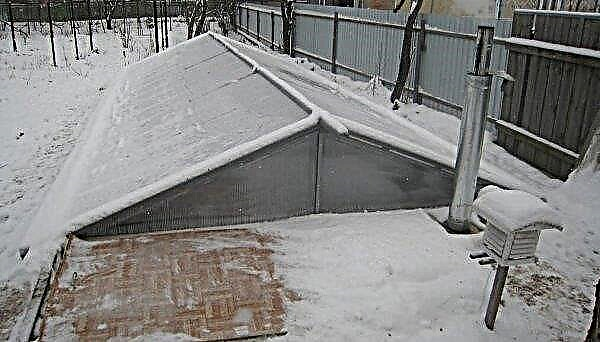The European Parliament overwhelmingly voted to stop daylight saving time in the European Union by 2021, but what do British farmers think about this?
Member States that decided to maintain their daylight saving time were advised to change the clock on the last Sunday of March 2021. Those countries that prefer to keep their standard (winter) time can adjust their clocks for the last time on the last Sunday of October 2021 in accordance with the bill approved by the deputies of the European Parliament: 410 - for, 192 - against and 51 abstained.
John Flack, a conservative MEP in eastern England, criticized the move, saying that the EU now wants to “control the time itself” and that farmers will not be too happy about the changes. “I know that farmers, in particular throughout the eastern part of England, appreciate the flexibility that a watch’s movement brings in order to get the best of the available daylight,” said the MP.
But Martin Haworth, director of strategy for the National Union of Farmers of England, said the union has “no clear vision” on whether the UK should move the clock back or not. “Whether daylight will be more useful in the morning or in the evening, largely depends on the scheme of work on each individual farm,” Haworth said and added: “If a firm proposal was made to move the clock forward, for example, in order to reduce traffic accidents or to reduce energy consumption, we will need to consult with our members, but at this stage we adhere to an open-minded opinion. ”
The EU Daylight Saving Time Directive will apply to the UK if it remains in the European Union, as well as during the Brexit transitional period. The government has not yet expressed any official opinion on this matter.












